Deputy Prime Minister Nguyen Hoa Binh said: "How can we have a more streamlined and effective apparatus and use as little of the people's money to support the apparatus as possible, and use the remaining money for socio-economic development to improve people's lives?"
On February 13, the National Assembly discussed in groups: Draft Law on Government Organization (amended); Draft Law on Organization of Local Government (amended); Draft Resolution of the National Assembly regulating the handling of a number of issues related to the reorganization of the State apparatus.
Must continue to streamline
Speaking at the group, Politburo member and Permanent Deputy Prime Minister Nguyen Hoa Binh said that we are holding an extraordinary meeting to resolve the legal basis, form organizations, and merge to implement Resolution 18. If we want to merge this ministry with that ministry, this department with that department, we must start from the law. At the same time, we must amend the Law on Organization of the National Assembly, the Law on Organization of the Government, and the Law on Organization of Local Government to create a legal basis for building and implementing a streamlined and reasonable state apparatus.
According to the Deputy Prime Minister, the reason for streamlining is because currently the national budget is spending 70% on maintaining an overly cumbersome apparatus. China only spends more than 40% on maintaining the apparatus, while we spend 70% of the national budget on maintaining the apparatus. If we want to strengthen the national defense and security potential to protect the Fatherland, and build roads and infrastructure that rely on 30%, there is no other way but to streamline. To streamline, there must be a legal corridor.
“The streamlining is just the first step, we must continue to streamline. Therefore, the Law may be amended in the near future,” said the Deputy Prime Minister.
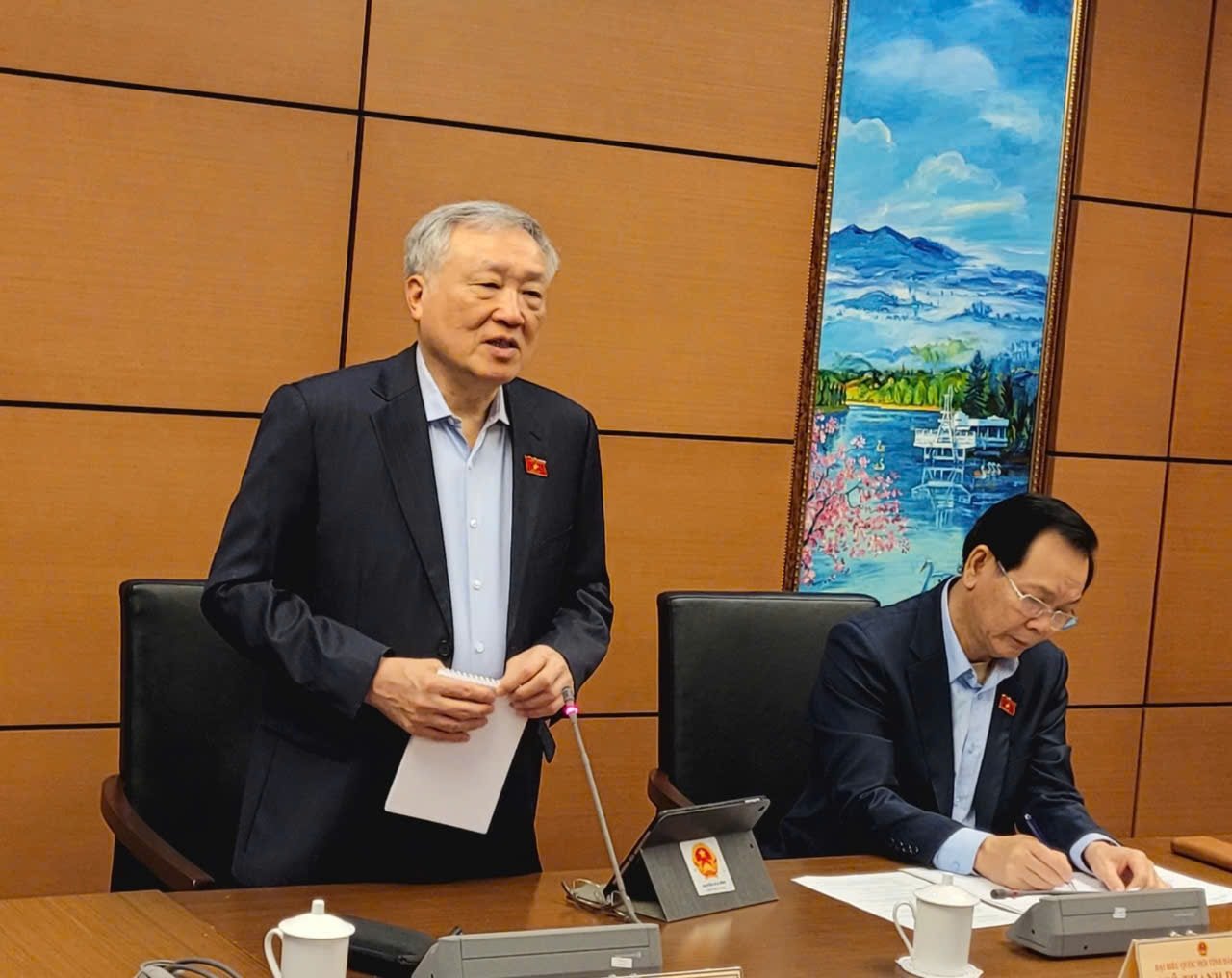
The Deputy Prime Minister gave an example that, currently, referring to international experience, more than 70% of countries do not have a district level. This level does not address people's issues because the agency directly handling people's issues is the commune level, while the policies and guidelines are from the Central and provincial levels. Therefore, the district has money that the province invests in, then transfers it to the commune to deliver to the people.
"How can we have a more streamlined and effective apparatus and use as little of the people's money to support the apparatus as possible, leaving the rest for socio-economic development to improve people's lives?", the Deputy Prime Minister stated.
The law must perform both functions.
The Permanent Deputy Prime Minister pointed out: The first task that the extraordinary session set out was to create a legal corridor for state agencies to operate, to have laws to operate. But also taking this opportunity, following the trend from the previous session, to set out a very new principle of thinking about law-making, that is, to eliminate the practice of banning if you cannot manage. The law must perform both management and creation functions, creating a legal corridor for society to develop. In the past, we followed the direction that the law was to manage, manage tightly, but creating a foundation for development was only at a certain level.
The second issue, according to the Deputy Prime Minister, is the innovation of lawmaking, which is strong decentralization. Yesterday, the National Assembly discussed the Law on the Organization of the National Assembly, which authorized the Standing Committee of the National Assembly to have a lot of power, and at the same time, the National Assembly also authorized the Government, decentralizing power to the Government. In today's session, the National Assembly discussed the Law on the Organization of the Government and the Law on the Organization of Local Governments, also in the same spirit of innovation, raising the issue of decentralization to the lower levels.
The Deputy Prime Minister pointed out that these are two very important functions of these two laws. One is to create a legal basis for the operation of the apparatus, and the other is to strongly implement decentralization. The spirit of decentralization sets out principles that allow the Government to decentralize a lot to provincial chairmen. The responsibility of the provincial chairmen now is to develop a medium-term plan.
“In the spirit of innovation, this amendment sets out the principles of decentralization and delegation of power to pave the way. From now on, based on the list of key and important points of the localities, the Government will assign a certain amount of budget, the provincial chairman will be responsible for which project to do first and decide, instead of the province having 10 projects, 100 billion divided equally among 10 projects, each project is 10 billion, then all 10 projects will last for 5-10 years. Now focus on 1-2 key projects of the province, finish this year, next year do other projects”, the Deputy Prime Minister pointed out.
In addition, the Deputy Prime Minister also informed that the Government only controls key projects in principle, which must be projects that create benefits for the economy, key inter-regional infrastructure projects that implement national or provincial goals. To do so, this law must set out principles, not asking this or that ministry for permission, but having full authority to decide. In addition, the current draft Law on Government Organization also paves the way for decentralization and delegation of power.
Source: https://daidoanket.vn/tinh-gon-bo-may-de-khoi-thong-nguon-luc-dau-tu-10299821.html




![[Photo] Parade to celebrate the 50th anniversary of Laos' National Day](/_next/image?url=https%3A%2F%2Fvphoto.vietnam.vn%2Fthumb%2F1200x675%2Fvietnam%2Fresource%2FIMAGE%2F2025%2F12%2F02%2F1764691918289_ndo_br_0-jpg.webp&w=3840&q=75)

![[Photo] Worshiping the Tuyet Son statue - a nearly 400-year-old treasure at Keo Pagoda](/_next/image?url=https%3A%2F%2Fvphoto.vietnam.vn%2Fthumb%2F1200x675%2Fvietnam%2Fresource%2FIMAGE%2F2025%2F12%2F02%2F1764679323086_ndo_br_tempimageomw0hi-4884-jpg.webp&w=3840&q=75)



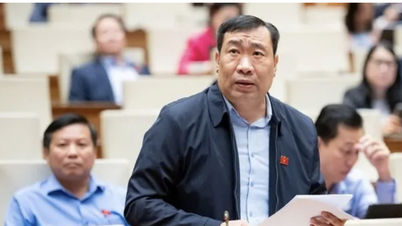



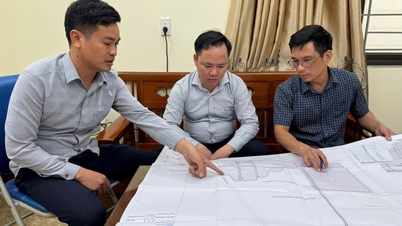

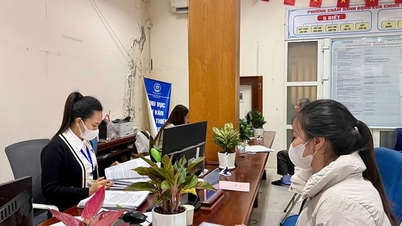

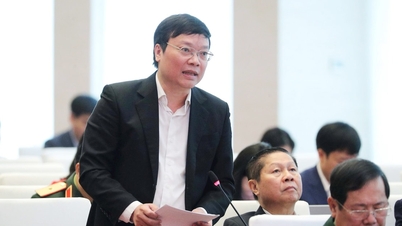

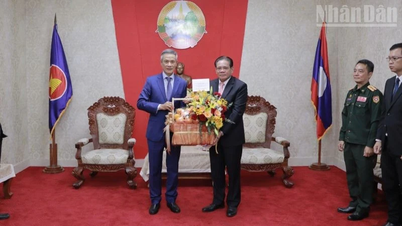

![[Video] Urgently preparing for the inauguration and groundbreaking ceremony of projects to welcome the 14th National Party Congress](https://vphoto.vietnam.vn/thumb/402x226/vietnam/resource/IMAGE/2025/12/02/1764691316170_dung00-16-00-06still005-jpg.webp)

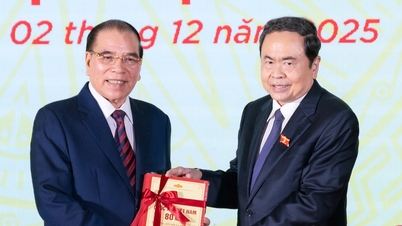
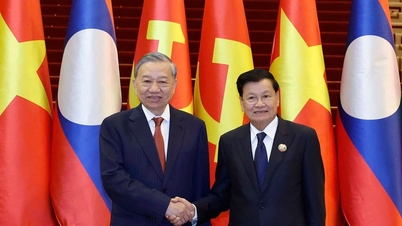





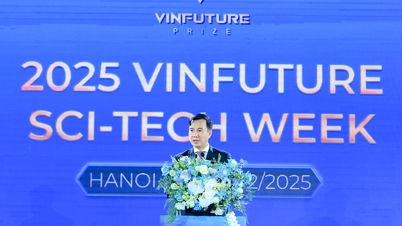
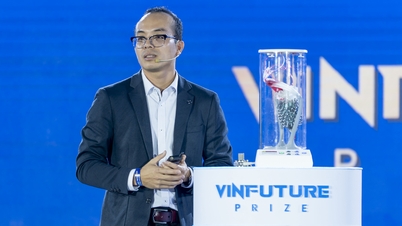
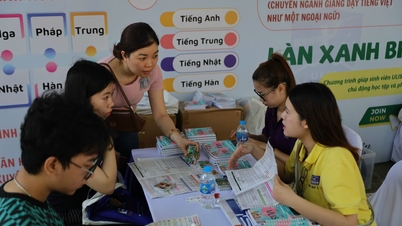
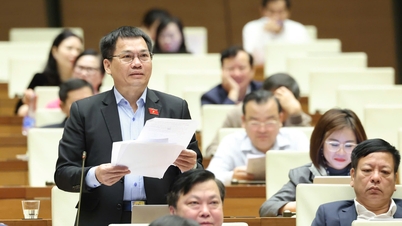
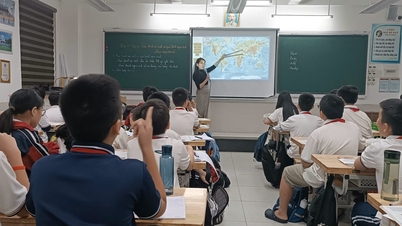
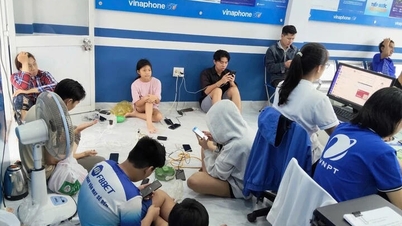
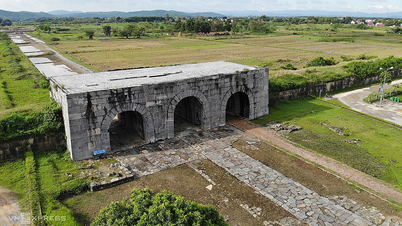


































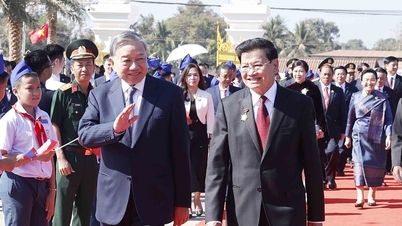



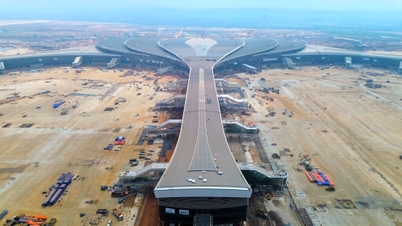

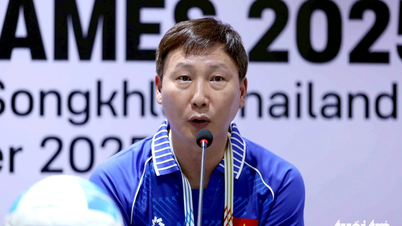

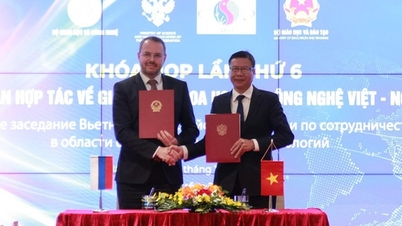
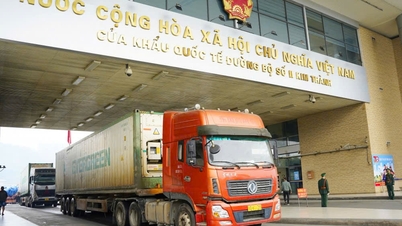



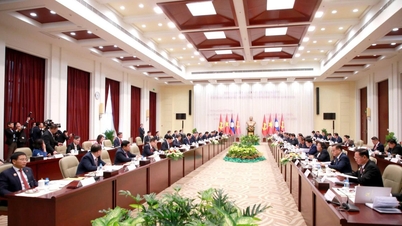

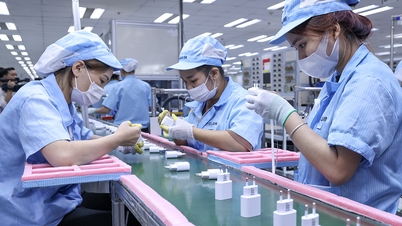
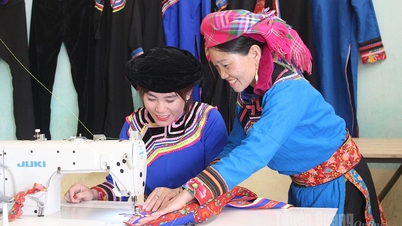


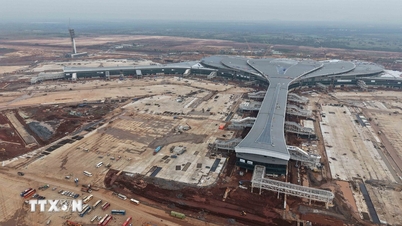

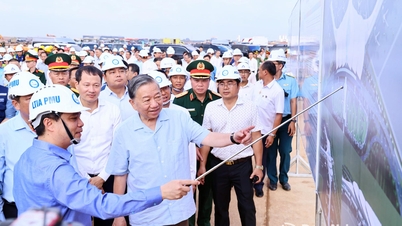















Comment (0)